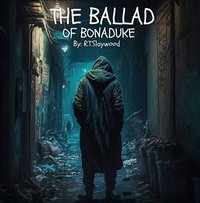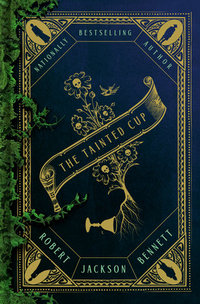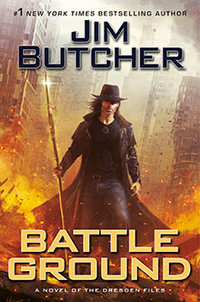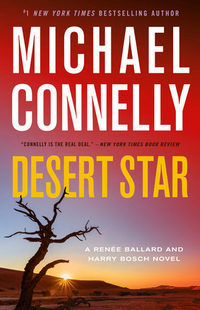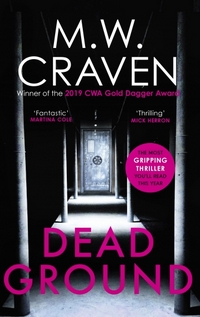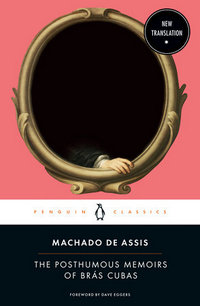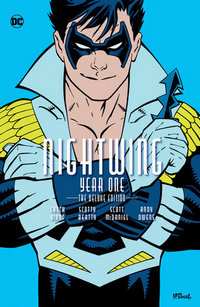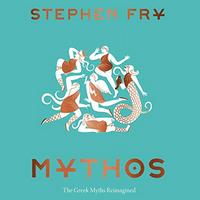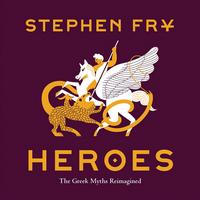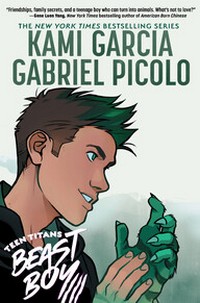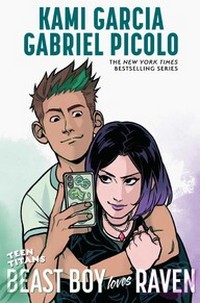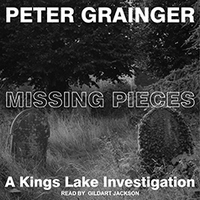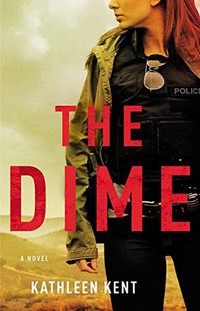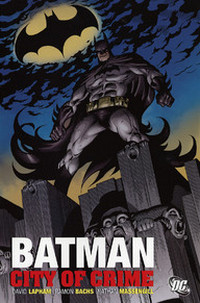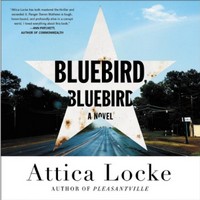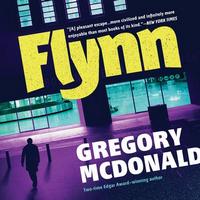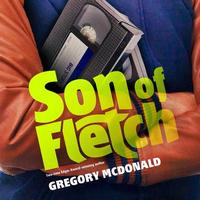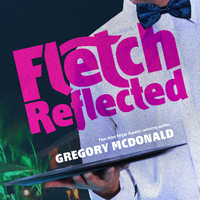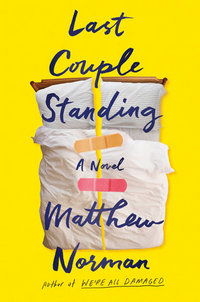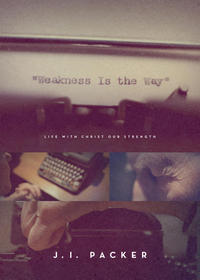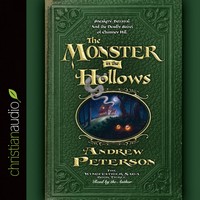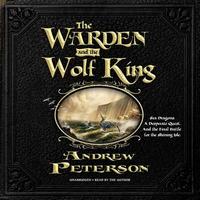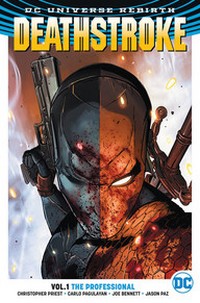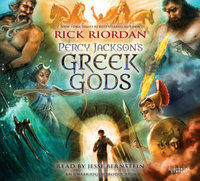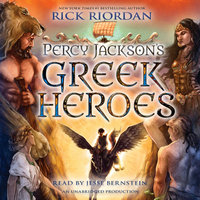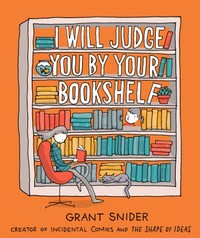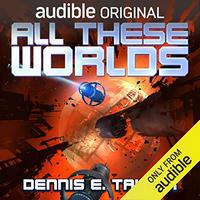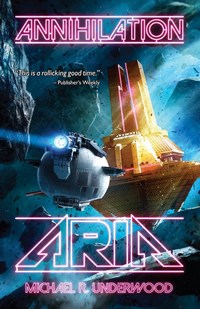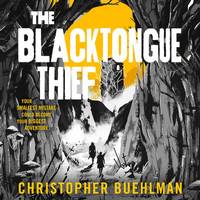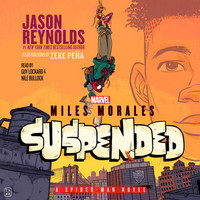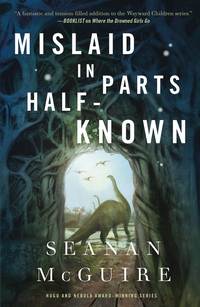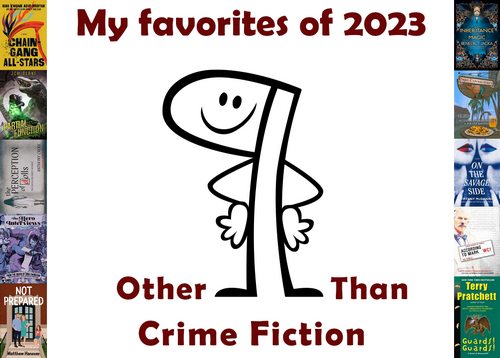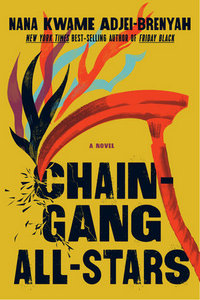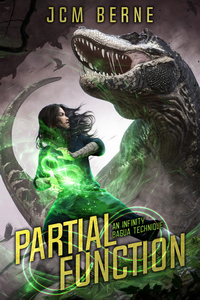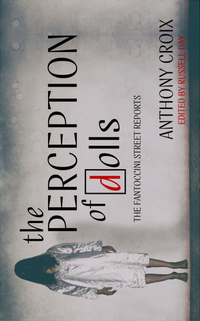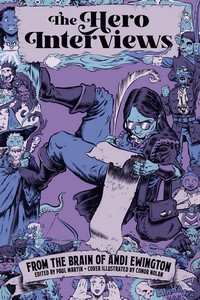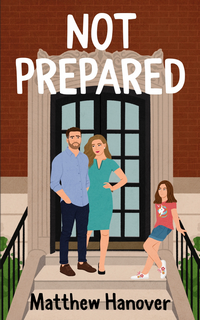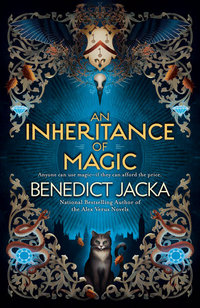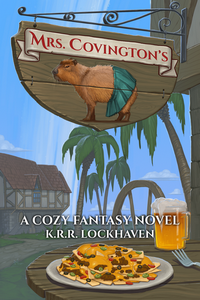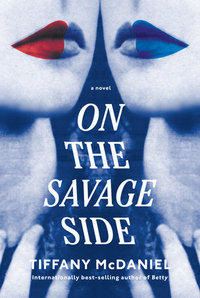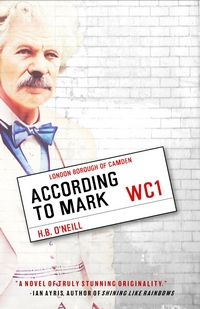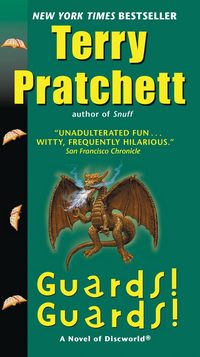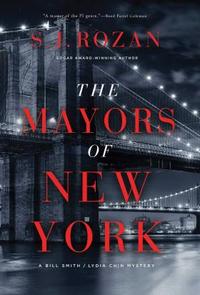by Robert Jackson Bennett
DETAILS:
Series: Shadow of the Leviathan, #1
Publisher: Del Rey Books
Publication Date: February 6, 2024
Format: eARC
Length: 432 pg.
Read Date: January 4-9, 2023


What’s The Tainted Cup About?
This is a Mystery/Detective novel set in a Fantasy world. But to say that almost diminishes it. This is a Fantasy world you’re not used to seeing—well, I’m not anyway, you might be better read in the genre than I am. At the core of the mystery story are tropes, characters, motives, and twists that anyone familiar with that genre will recognize and resonate with. Combining the two genres here only serves to make them better.
The instigating event is the murder of a significant, but not hugely important, military figure on an estate of one of the most powerful and rich families in the Empire. That’s enough to get the official investigator, Ana Dolabra, and her assistant, Dinios Kol, involved. When you add in the cause of death—a clutch of trees erupted from the Commander’s chest—well, that’s definitely going to get some official notice. And quickly put you in a Fantasy world. Feel free to read that cause of death a couple of times, it’s still not going to make sense.
There’s just so much to talk about with The Tainted Cup—I’m going to talk about some of the best parts of this book as you would an Oreo cookie. The Mystery part is the creamy center (at least a Double Stuff in this case), and then the crispy cookie halves of the World Building/Setting and the Science of this World.
The Mystery
I already wrote a section below that quibbles with the official description, and I feel bad about doing that twice (am I risking future NetGalley approvals by this?), but I have to. It starts off by saying, “A Holmes and Watson–style detective duo.” You can maybe stretch things and call Ana Dolabra a Holmes-type character. Maybe. But outside of being the first-person narrator, there is nothing Dr. Watson-esque about Dinios Kol. I do not know if Bennett is a Rex Stout/Nero Wolfe reader. I suspect he is, though, because Dolabra and Kol are firmly in the Nero Wolfe/Archie Goodwin mold. (there are other versions of this duo, Pentecost and Parker and Jake and the Fatman spring to mind, but there are others).
I mention this because I think the duo of Wolfe and Archie is one of the greatest achievements in Detective Fiction, and will joyously talk at length about them at length at any opportunity. Bennett using these types at the center of this book almost automatically guaranteed that I’m going to enjoy it. Particularly if he does it successfully. And, boy howdy, does he.
Ana Dolabra is a brilliant and eccentric figure. Our Nero Wolfe. She can be pressed into politeness with enough reason, but on the whole, she’s blunt, crass, and solely focused on things that interest her. For a variety of reasons, Ana rarely leaves her quarters, instead, she has clues, interviewees, and suspects brought to her (and frequently, those she reports to, too). More than once she brings suspects and interview subjects together to question and/or to reveal a solution, putting on a show for others.
She has a new assistant, Dinios Kol, to serve as her eyes and ears in the outside world—and to bring back those bits of the world she needs to do her work. Thanks to a special augmentation, he has a perfect and permanent memory and will remember entire conversations and things he sees perfectly, with the ability to describe them to the detail Ana needs. He looks at crime scenes, records, bodies, etc. for her, conducts initial interviews with witnesses and experts, and so on. He also seems to do his best to keep her interactions with others at socially-appropriate levels (although this is a challenge). If this isn’t Archie Goodwin to a T.
They’ve been working together for a while now—mostly on fraud cases. This is their first murder case—and they wrap it up quickly and efficiently. Except, Ana is pretty sure that this murder will be linked to others—something more than murder is afoot here, she’s certain. And she’s right. (I assume this is almost always the case—Dinios certainly does)
Soon, she and her assistant are assigned to help in the investigation in a nearby city where several others have been killed in the same way. Dinios is partnered up with an experienced Assistant Investigator, Capt. Tazi Miljin, who does some on-the-job training and mentoring while working the case.
Soon, they determine that this isn’t just a murder case—nor is it several connected murder cases, there is something much bigger going on. Something that puts an entire city—possibly the entire Empire—at risk.
The World
I don’t know that I want to get too in-depth here, because the discovery of it all* is part of the magic of this book.
* And by “all,” I mean all that Bennett is going to share with us in this book—there’s much more to learn in books to come.
We find ourselves in a minor city in an Empire at the beginning of the novel before we move to a larger city, a major center of military importance. We don’t know a lot about this Empire—it’s centuries old, there are civic religions/cults but we see very few true adherents, and many people are cynical about the government. But it doesn’t matter—they need the Empire to keep them alive. So they push on.
The military isn’t focused on other nations/city-states/bands of roving mercenaries or outside human threats (although they do take the time to focus on bands of deserters). Instead, they’re focused on the seas. Each year, during the rainy season, monstrously large sea creatures they dub Leviathans (both think and don’t think about other Leviathans you’ve come across—other than large, water-bound, and scary) attempt to come ashore and snack on humans, cattle, whatever.
Places like Talagray, where we spend most of the novel, exist to maintain the wall between sea and land—leviathan and Empire—it’s a massive wall (massive in a way I cannot get across to you) with the occasional weapons mounted to attack the leviathan. I saw Talagray as sort of Jackson’s vision of Minas Tirith, but flattened to one elevation. I’m not sure if that’s what Bennet was going for, but that’s what my mind saw. Maybe a little muddier.
While the local canton is concerned with the murders, naturally, their primary concern during this season is the maintenance of the wall. Some of these murders have threatened the integrity of the wall in important ways, threatening all of Talagray. As important as solving the murder is—stopping further murders and therefore preventing further damage to the wall is far more important. Also…they probably have something special in store for anyone who’d risk the wall in any way.
The Science
I’m disagreeing a bit here with the official description—so take my observation with a grain of salt (but I stand by it). There’s no magic in this Fantasy novel—which, sure, happens sometimes. But it’s still strange and notable.
What this novel does have is “sufficiently advanced technology [which] is indistinguishable from magic.” It’s not often that I get to apply Clarke’s Third Law this way, but it works. This is a very technological society, but nothing we’d recognize, really. There are no circuits anywhere, no electricity…horses and carts are the primary means of transportation for those who are going too far or need to go too quickly to walk. But they practice all sorts of engineering feats, genetic manipulation, medical marvels, and so on.
The source of their raw materials? The Leviathans that threaten them all. When these Leviathans die/are killed, the Empire’s scientists harvest blood, tissue, and bone for all sorts of things to accomplish the above. Leviathan bone is difficult to shape, but it results in tools and swords that are beyond the strength and endurance of metal. Tissues can be manipulated and applied to humans to extend their abilities (augmenting strength, enabling them to have memories that are like eidetic memory to the nth power, control of their pheromones to alter the behavior of those around them, and so on).
Especially when it comes to the abilities that some of these people have, or the freakish contamination that the murderer is using, in a Fantasy book featuring people on horseback using swords, this looks like magic. But it ain’t. It’s just a kind of science that’s sufficiently advanced that 21st-century Western Readers can’t distinguish. And I love that. Bennett does such a convincing and thorough job of describing this (without getting mired in the details) that it just comes alive and you believe it all—and want to learn more about it.
So, what did I think about The Tainted Cup?
My reflex reaction ought to be, I want more of the detective-y stuff. How could I not? That’s my default genre, Ana is a fantastic character, Dinios at work is so much fun, and the pair of them being new incarnations of Wolfe and Archie. But when you add in the world-building, the intrigue and politics, and all the cool science-y bits? I wouldn’t have it any other way. You need all of it to make something this good. And it really does—each section above would probably earn 4 stars or so from me. But when you put them together, the accumulated score has to be at least 5.
Also, all the other stuff in the book distracts from a couple of the problems with the mystery story. These aren’t significant problems by any means, but at one point Ana reveals that Person X is Person Y, and her assistants are shocked and amazed. I assumed everyone realized that as soon as Person Y was introduced and described. For it to take umpteen chapters for everyone to catch up astounded me (am pretty sure Ana was as fast as me, for the record). The other thing that I’d consider a problem, I won’t get into for spoiler-reasons, but I was distracted enough that I didn’t see it until the reveal. Also, it’s the kind of thing that Rex Stout himself would do, so I’m never going to complain about it. Mostly, because it worked really well for the story, so who cares?
Regular readers may have noted that I haven’t spent that much time talking about the characters. I chose not to for time/space reasons. If I focused on writing about Ana, Dinios, and Miljin alone—I’d double the length of this post. If I included every major character I want to talk about? I’d triple the length. No one wants to read me going on that long. So I’ll sum it up by saying that his characters are just as good and developed (and strange) as everything else I’ve talked about.
Bennett doesn’t show a lot of flair in this writing. It has almost none of Elmore’s “Hooptedoodle”—although he violates a lot of Elmore’s other rules (and does so for the betterment of the novel). This is a description, not a criticism, you’re not going to be wowed with his style. He doesn’t need that. The descriptions of characters, structures, and monsters are so vivid, so detailed you have no problem seeing exactly what he wants you to see (with just enough room for the reader’s imagination). The action scenes are well-executed. The descriptions of the trees growing from outside of a person are as disturbing as they should be. There are flashes of humor, flashes of hope and optimism in both the characters and the story—but it’s all in the shadow of the imminent threat posed by the Leviathans and weakened walls. So there’s a strong “The World May Be Ending Tomorrow if not Tonight” feel throughout. I was under the spell of the narration and story from early on.
I didn’t set out to rave about this book. I was going to enthusiastically recommend it, but as I started to put my notes into some sort of order and write, I discovered that I really needed and wanted to rave about this. Fantasy fans are really going to get into this. Mystery/Detective Fiction fans who aren’t afraid to play in other worlds are going to go nuts over this. And I want to read the next book in the series today. But I’m willing to be patient—The Tainted Cup won’t even be published for 26 days. So I won’t start complaining about the delay in getting the next volume for 90 days (that seems fair).
Go place your orders or library holds now.
Disclaimer: I received this eARC from Penguin Random House via NetGalley in exchange for this post—thanks to both for this.

This post contains an affiliate link. If you purchase from it, I will get a small commission at no additional cost to you. As always, the opinions expressed are my own.

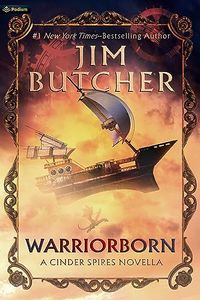 Warriorborn
Warriorborn

![]()



